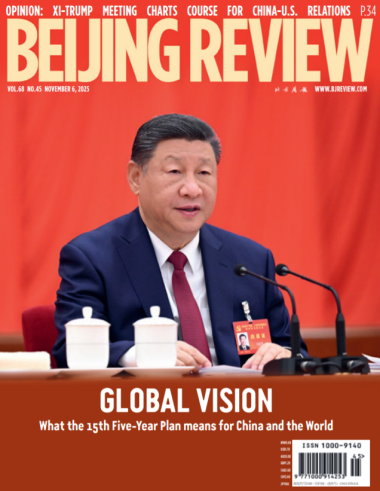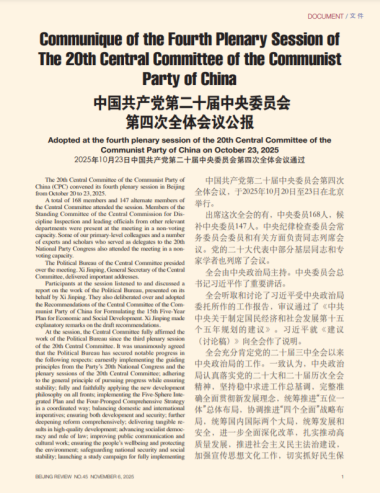| Home >> Pacific Dialogue |
|
|
|
|
|
|
|
|
|
|
|
|
|
|
|
|
|
|
|
|
|
|
|
|
| Previous6789Next |
| Opinion more | |||||
|
|||||
|
|||||
|
| Current Issue | ||

|
||
|
| Documents | ||

|
||
|
|
||||||||||||||||||||||||||||
|